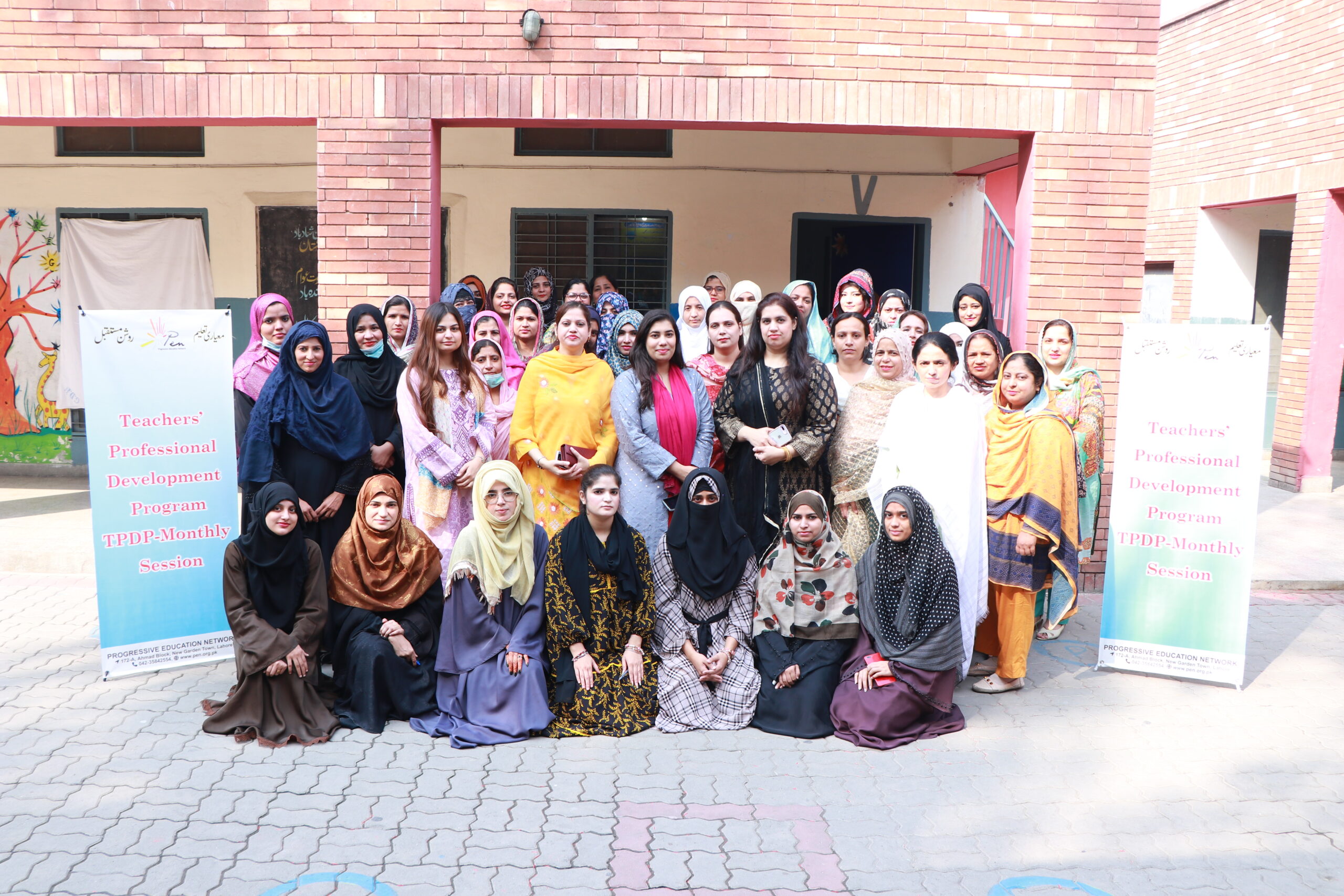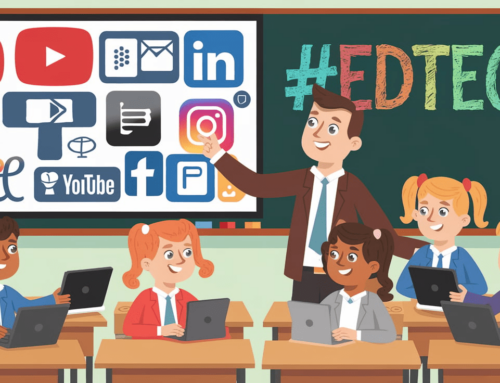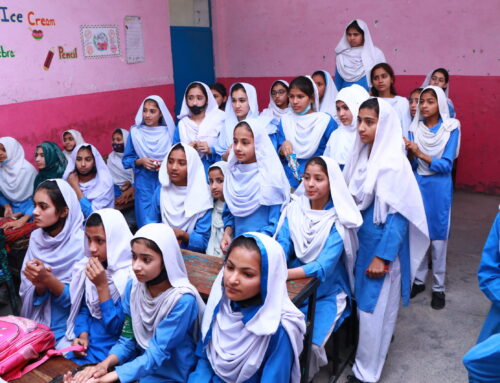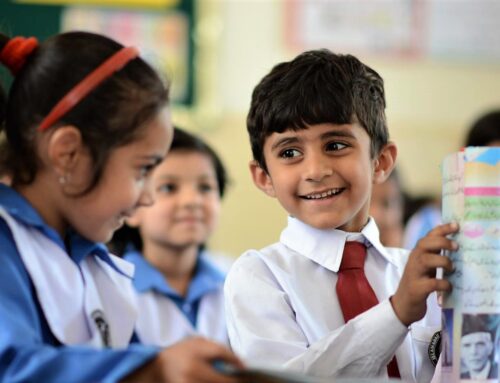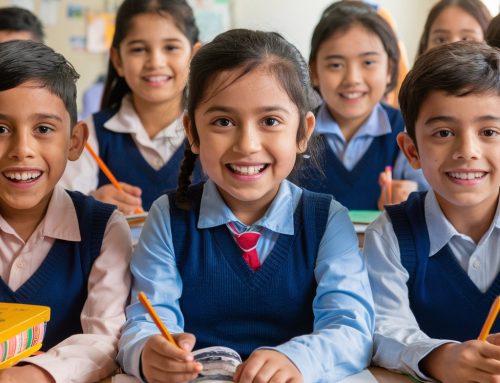The Importance of Women’s Education for the Progress of Pakistan
The Importance of Women’s Education for the Progress of Pakistan
In today’s rapidly evolving world, education is recognized as a powerful tool for personal and societal growth. For Pakistan, a nation rich in culture and diversity, the key to a prosperous future lies in educating its entire population, especially women. Women’s education is not just a matter of gender equality; it’s about building a foundation for national development, innovation, and long-term progress. At Progressive Education Network (PEN), we are committed to supporting women’s education, believing that empowering women through education is essential for the success of our country.
Why Women’s Education Matters
- Empowering Half the Population
Women make up nearly half of Pakistan’s population. When women are educated, they can contribute more significantly to the economy, leadership roles, and decision-making processes. An educated woman is more likely to participate in the workforce, run a business, or hold a leadership position, driving economic growth and innovation in the country. - Breaking the Cycle of Poverty
Education is the key to escaping the cycle of poverty. When women receive an education, they have access to better job opportunities, improved healthcare, and the ability to make informed choices about their lives. Educated women are also more likely to invest in the education and well-being of their children, creating a ripple effect that benefits future generations.
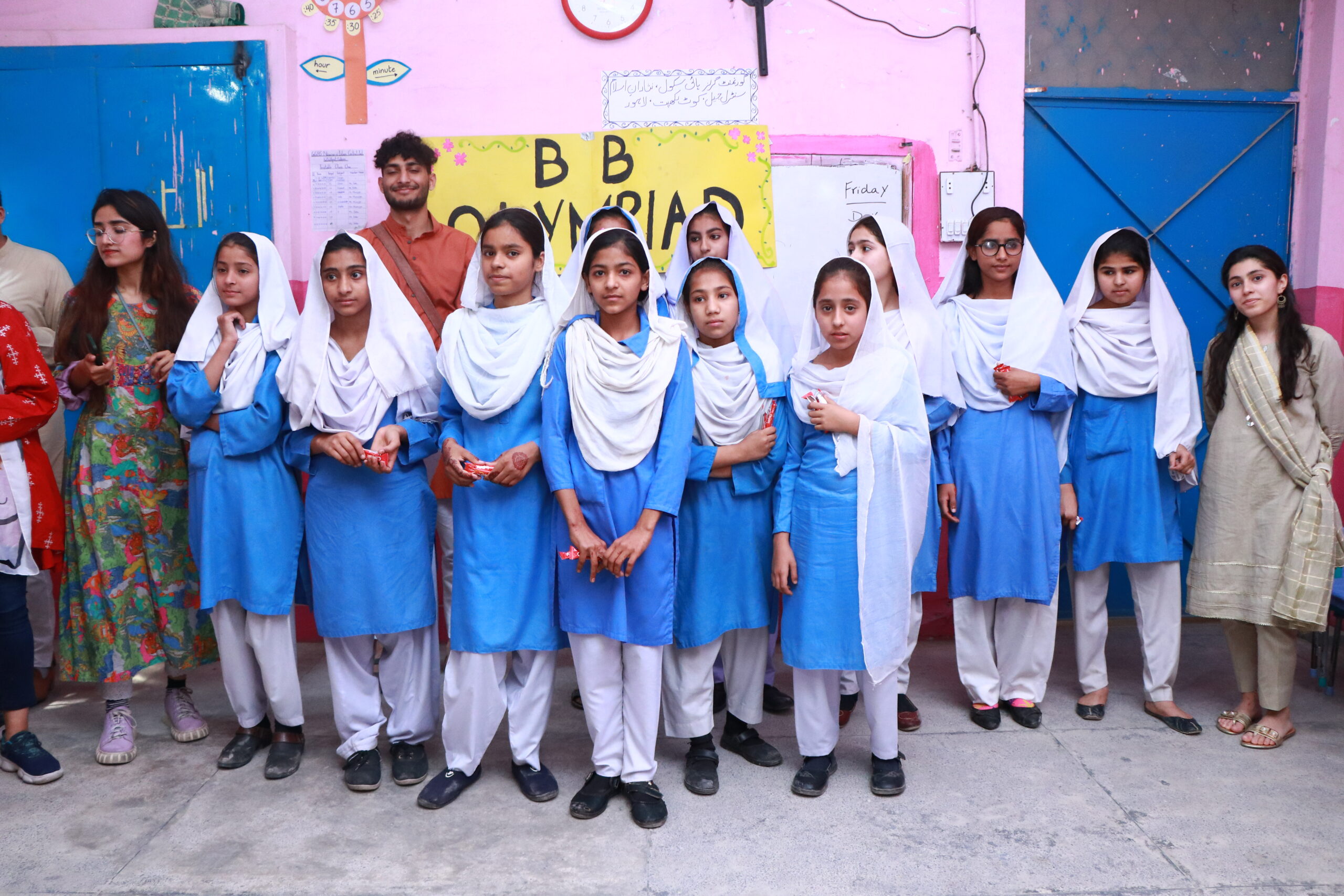
- Improving Family and Community Health
Educated women make more informed health decisions, leading to better health outcomes for themselves and their families. These women are more likely to seek healthcare, understand nutrition, and promote better hygiene practices. Their education also ensures that they value education for both their sons and daughters, contributing to an overall healthier and more educated society. - Improving Health and Well-being
Studies have shown that educated women make healthier choices for themselves and their families. They are more likely to access healthcare services, understand nutritional needs, and make decisions that improve the overall well-being of their families. Additionally, educated mothers are more likely to ensure that their children, both boys and girls, receive an education, leading to a healthier and more educated future generation. - Promoting Gender Equality
One of the greatest barriers to gender equality is the lack of access to education for women. By educating women, we challenge harmful gender stereotypes and norms that hold back progress. Education empowers women to demand their rights, voice their opinions, and actively participate in the political and social development of the country. An educated woman is more likely to advocate for equality, justice, and fairness in her community.
- Driving Economic Growth
The World Bank estimates that educating girls can increase a country’s GDP significantly. Women’s education is a direct contributor to economic stability and growth. Educated women are more likely to join the labor force, leading to higher productivity and economic diversification. In a rapidly changing global economy, Pakistan cannot afford to ignore the vast potential of its female workforce.
Progressive Education Network’s Role in Supporting Women’s Education
At PEN, we believe that educating women is not just a right but a necessity for Pakistan’s progress. Our programs focus on ensuring that girls in underprivileged communities have access to quality education. We work closely with schools, communities, and local leaders to remove barriers to education, such as poverty, cultural restrictions, and lack of infrastructure.
- Scholarships and Financial Support
One of the primary reasons many girls do not attend school is the financial burden. At PEN, we offer scholarships to girls from low-income families, ensuring that financial challenges do not stand in the way of their education. We also provide school supplies and uniforms to ease the burden on families. - Safe and Inclusive Learning Environments
Many girls drop out of school due to safety concerns or inadequate facilities. PEN works to create safe, welcoming, and inclusive learning environments for girls, where they can focus on their studies without fear. We collaborate with schools to improve infrastructure, including separate washrooms and safe transportation options, to ensure that girls feel comfortable attending school.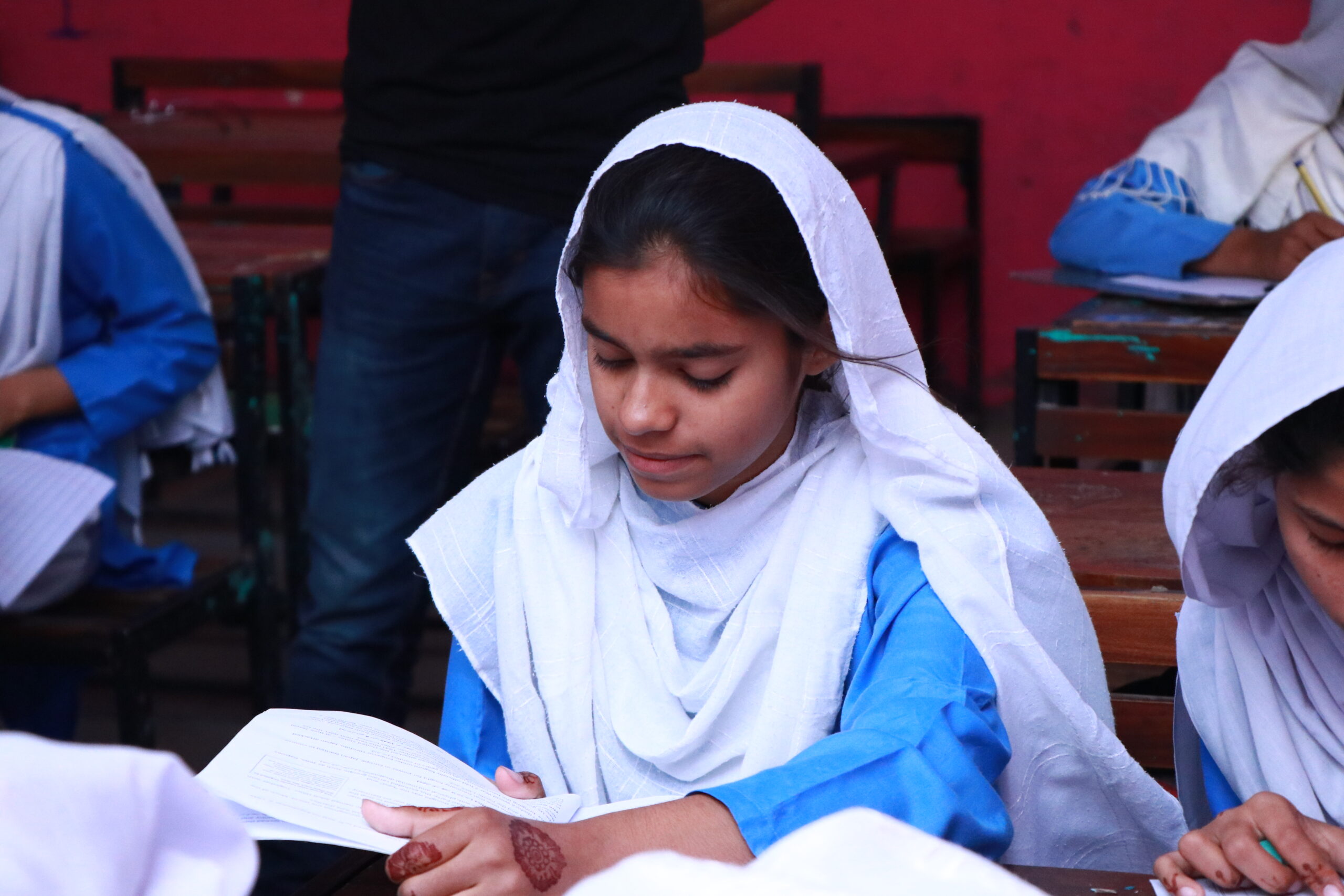
- Community Awareness Programs
Cultural norms and misconceptions often prevent girls from pursuing education. Through community outreach and awareness programs, we engage parents, local leaders, and communities to highlight the importance of educating girls. By working closely with these stakeholders, we can break down cultural barriers and encourage families to prioritize their daughters’ education. - Teacher Training and Development
Quality education requires skilled and motivated teachers. PEN invests in the professional development of teachers, particularly female educators, to ensure that they are equipped to provide high-quality education to girls. By empowering teachers, we are also creating role models for young girls, showing them that they too can aspire to leadership and teaching positions. 
Conclusion
The education of women is not just a social issue; it is the backbone of Pakistan’s progress. When women are educated, entire communities and generations are uplifted. At Progressive Education Network, we are dedicated to ensuring that every girl, regardless of her background, has access to the education she deserves. Together, we can build a future where educated women lead the way toward a stronger, more prosperous Pakistan.
By supporting women’s education, we are investing in the future of our nation, creating a society that is inclusive, innovative, and capable of achieving great things. Join us in our mission to empower women through education and contribute to the bright future of Pakistan.

